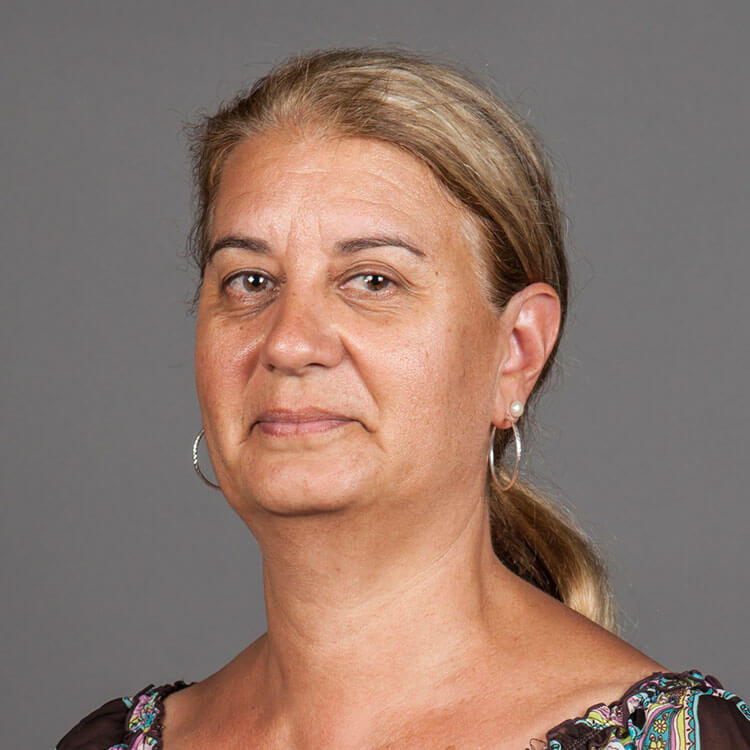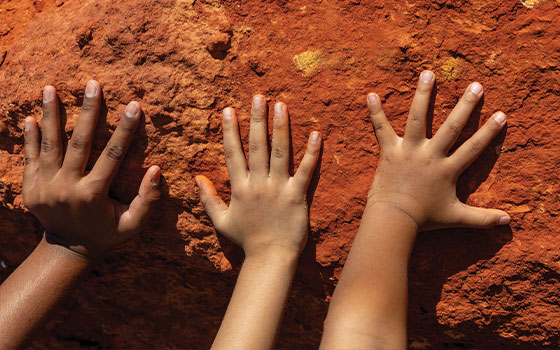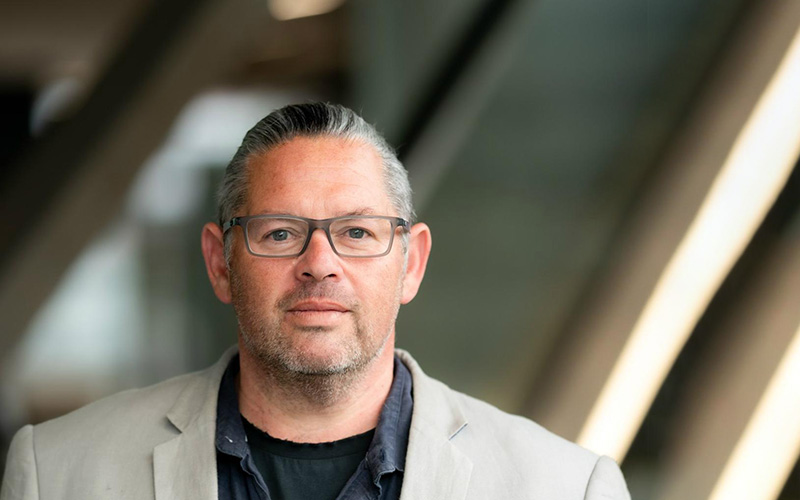Search
Research
Vitamin D content of wild-caught traditional foods collected on Nyoongar Country in Western AustraliaLow vitamin D status and intake are prevalent among the Australian population, including Aboriginal and Torres Strait Islander peoples. We hypothesised that some traditional foods could contain vitamin D, and measured vitamin D in foods from Nyoongar Country, Western Australia. Samples of kangaroo, emu, squid/calamari and lobster/crayfish were collected and prepared by Aboriginal people using traditional and contemporary methods.
Research
WA Aboriginal Health Knowledge NetworkA Network comprised of four regional sites to facilitate key medical, research and training activities undertaken in partnership with Aboriginal communities.


Facilitate research interest & opportunities that involve Aboriginal families & communities and build the capacity and development of Institute researchers
Research
KAMS MOUAs part of the discussions with Kimberley Aboriginal Medical Service (KAMS) to establish the Broome site of the WAAHKN it has been agreed to establish...

News & Events
Australia’s first Indigenous scientist appointed to CSIRO boardThe Kids Research Institute Australia and Australian National University Professor of Indigenous Genomics, Professor Alex Brown, has become the first Indigenous member of the Commonwealth Scientific and Industrial Research Organisation (CSIRO) Board.
Research
Reduced forced vital capacity in Aboriginal Australians: Biology or missing evidence?This editorial article addresses chronic obstructive pulmonary disease and lung function testing in Aboriginal Australians.
Research
What we know about suicide prevention for Aboriginal and Torres Strait Islander peoplesThis fact sheet addresses what we currently know about suicide prevention for Aboriginal and Torres Strait Islander peoples.
Research
Aragung buraay: culture, identity and positive futures for Australian children: Dharawal language: aragung = shield for war, protection; buraay = childFiona Pete Stanley Azzopardi FAA FASSA MSc MD FFPHM FAFPHM FRACP FRANZCOG HonDSc HonDUniv HonFRACGP HonMD HonFRCPCH HonLLB (honoris causa) PhD, FRACP
Research
Mapping the citation network on vitamin D research in Australia: a data-driven approachVitamin D research can vary geographically, as vitamin D status is influenced by latitude, season, dietary intake, body mass index, ethnicity, and public health initiatives. Over the last two decades, research on vitamin D has increased in Australia, where the potential for sun exposure (a major source of vitamin D) is high. We aimed to identify key topics and gaps in vitamin D research in Australia using a data-driven approach.
